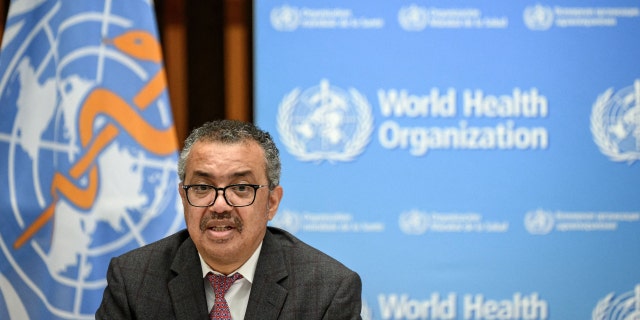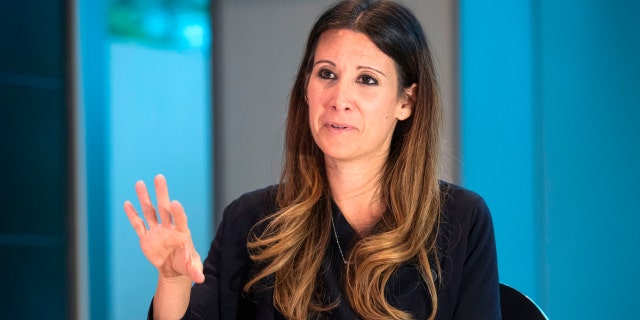WHO says ability to track COVID variants diminishing as surveillance declines

health Eshrag:
NEWYou can now listen to Fox News articles!
The World Health Organization warned Thursday that the ability to track COVID-19 variants and subvariants around the world is decreasing due to declining surveillance.
“With surveillance declining, the number of tests are declining, the numbers of sequences that are being conducted and being shared are declining. And, that limits our ability to assess the known variants and subvariants… but also our ability to track and to identify new ones,” said Maria Van Kerkhove, the WHO’s COVID technical lead. “So, this is why it’s really important that we keep surveillance activities up.”
Speaking at a media briefing, Van Kerkhove told reporters that part of ending the pandemic is trying to reduce the spread of transmission.
“The more this virus circulates, the more opportunities it has to change. And, this is something we are deeply concerned about,” she said.
CDC EXPECTS OMICRON BOOSTERS FOR KIDS BY MID-OCTOBER
In this photo illustration, the World Health Organization (WHO) logo is seen displayed on an android mobile phone with a COVID illustration in the background.
(Photo Illustration by Avishek Das/SOPA Images/LightRocket via Getty Images)
While omicron is dominant worldwide, the agency is currently tracking 200 coronavirus sublineages.
Van Kerkhove said the WHO is working with member states to “right-size” the response to the virus, as the world is still at risk for future variants.

World Health Organization (WHO) Director-General Tedros Adhanom Ghebreyesus attends a ceremony to launch a multiyear partnership with Qatar on making FIFA Football World Cup 2022 and mega sporting events healthy and safe at the WHO headquarters in Geneva on October 18, 2021.
(Photo by FABRICE COFFRINI/AFP via Getty Images)
“We expect future variants to be more transmissible. We expect future variants to potentially have more immune escape, which may render some of our countermeasures not as effective as they are right now. But, we don’t know if future variants will be more or less severe,” she said later.
WHO Director-General Tedros Adhanom Ghebreyesus said that while the pandemic is not over, the end is “in sight.”
FAUCI ADMITS ‘CERTAIN ASPECTS’ OF THE GOVERNMENT’S COVID-19 RESPONSE WERE ‘BOTCHED’
“Yes, we’re in a better position than we’ve ever been. The number of weekly COVID-19 deaths continues to decline, and are now just 10% of what they were at the peak in January 2021,” he stated.

World Health Organization’s technical lead on the coronavirus pandemic, Maria van Kerkhove gestures during an interview with AFP in Geneva on October 13, 2020.
(Photo by RICHARD JUILLIART/AFP via Getty Images)
“But, 10,000 deaths a week is 10,000 too many, when most of these deaths could be prevented,” Tedros noted.
Van Kerkhove said that while “we’re not there yet,” the WHO is very hopeful.
CLICK HERE TO GET THE FOX NEWS APP
“The reason we’re hopeful is because we have so many tools,” she continued. “We just need to make sure that all countries have access to them and that all countries have the policies in place to use them most effectively.”
Noting that the news was copied from another site and all rights reserved to the original source.
xnxx,
xvideos,
porn,
porn,
xnxx,
Phim sex,
mp3 download,
sex 4K,
Straka Pga,
gay teen porn,
Hentai haven,
free Hentai,
xnxx,
xvideos,
porn,
porn,
xnxx,
Phim sex,
mp3 download,
sex 4K,
Straka Pga,
gay teen porn,
Hentai haven,
free Hentai,


